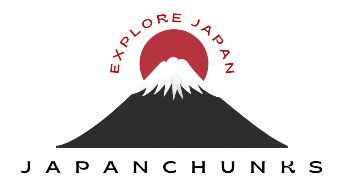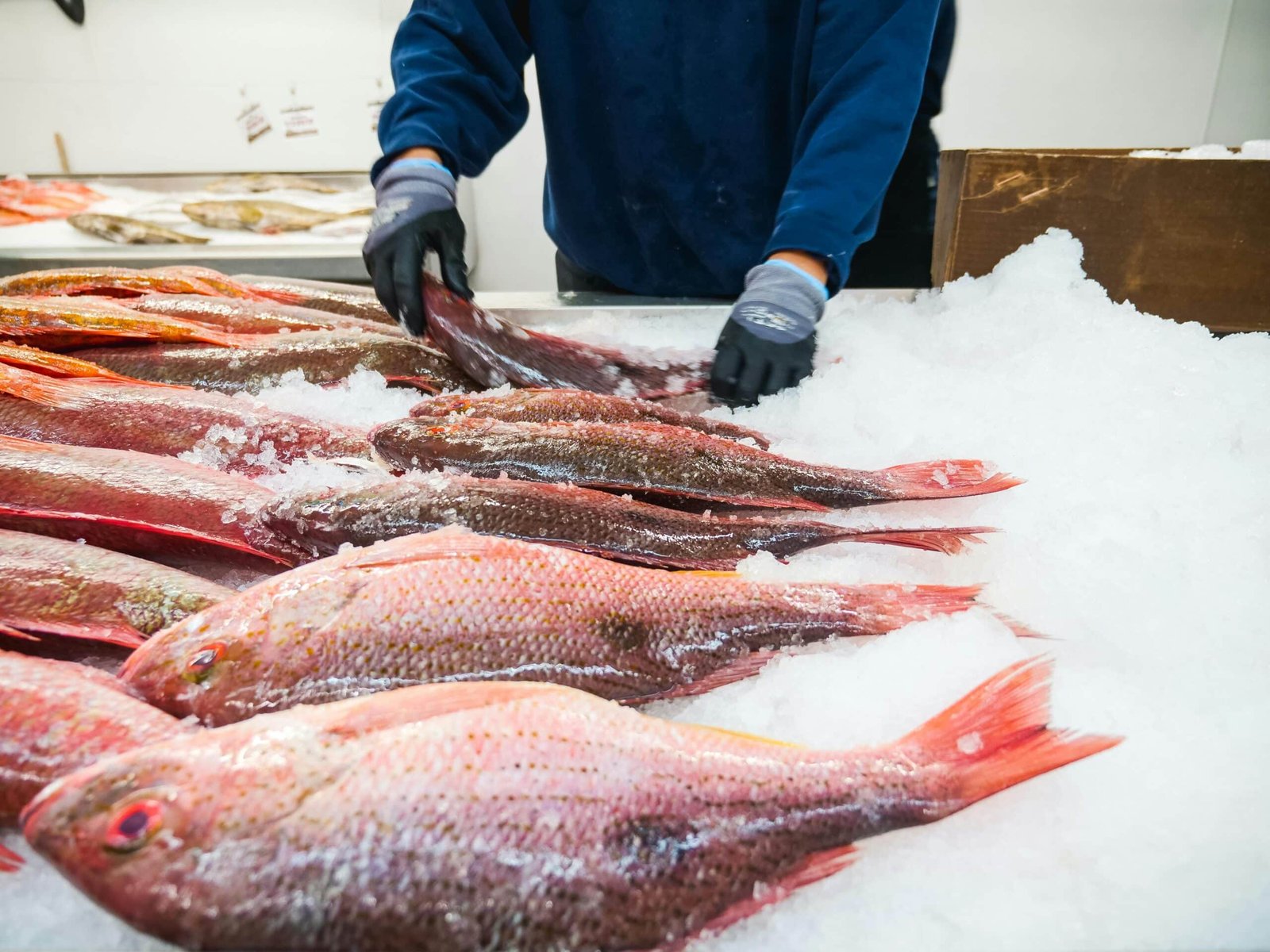Discover the impact of import restrictions on Japan’s seafood industry. Exports have plummeted over 16% since China and Hong Kong imposed bans following concerns over the Fukushima nuclear plant’s water release.
Japan seafood exports have fallen by over 16% since China and Hong Kong banned imports, criticizing the release of treated water from the Fukushima nuclear plant. After this release began last August, China stopped all imports of Japanese seafood. In fact, Hong Kong also banned imports from 10 Japanese areas, including Fukushima and Miyagi. According to Japan’s fisheries ministry, seafood exports were about 288 billion yen, nearly 2 billion dollars, from September last year to June this year, which is down 16.9% from the previous year.
Scallop shipments to China were hit hardest, dropping to zero in the first half of this year from about 146 million dollars last year. However, Japanese exporters are trying to find new markets, and scallop exports to other countries increased by 42% during this time. Prime Minister Kishida Fumio said the government will support the fisheries industry affected by China’s import ban. He made this announcement at a fish market in Fukushima on the one-year anniversary of the water release.
Uncover how these challenges reshape Japan’s marine product market and push exporters to seek new opportunities.
It is also stated the government will do everything possible to lessen the impact of China’s ban. Additionally, a meeting will be held next week to discuss support measures.
Additionally, he mentioned that the government will take full responsibility for the water discharges. However, this could take a long time to complete, and careful management of safety is needed. Additionally, Tokyo Electric Power Company planned to start a test to remove nuclear fuel debris from one of its damaged reactors at the Fukushima plant, but this was delayed due to a problem with the equipment. The government is serious about this situation and will push the company to act responsibly. The nuclear plant had a serious accident during the 2011 earthquake and tsunami, and water used to cool the fuel has been mixed with rain and groundwater. This water is being treated to remove most radioactive materials, but it still contains tritium.


Leave a Reply